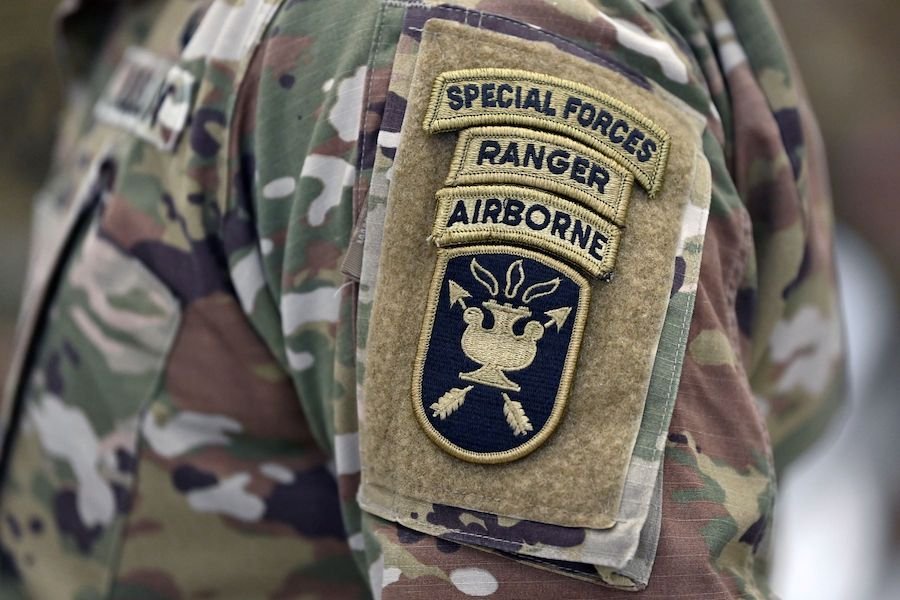From Camo to Corporate: Navigating McKinsey’s SkillBridge Military Fellowship
Veterans bring leadership, resilience, and problem-solving skills that translate powerfully into consulting. McKinsey’s Military Fellowship, offered through the Department of Defense SkillBridge program, is a competitive 10-week internship that helps service members apply those skills in real client settings. In this post, we break down what the program is, how it works, and what to expect if you’re considering applying.

What Is McKinsey SkillBridge?
McKinsey’s Military Fellowship, offered through the Department of Defense SkillBridge program, is a 10-week, apprentice-style internship designed for U.S. service members within 180 days of transitioning out of the military.
Participants join McKinsey consulting teams across U.S. offices, working directly on real client challenges. The program is open to all branches and specialties—no business background required.
Important: The next application deadline is September 22, 2025.
Why It’s Valuable for Veterans
SkillBridge offers more than just a foot in the door at McKinsey:
- Hands-on client experience solving complex problems
- Skill development in structured problem-solving, data synthesis, communication, and relationship-building
- Mentorship from consultants and alumni of the military
- Community support via Veterans@McKinsey, a firmwide network of nearly 450 veterans and allies
For transitioning service members, it’s a rare opportunity to apply your leadership and adaptability in a civilian, business-driven environment.
How Competitive Is It?
McKinsey doesn’t publish acceptance rates, but the fellowship is highly selective. A few indicators:
- The inaugural 2023 cohort received 100% full-time offers upon completion.
- The program expanded in 2024 to fifteen fellows, showing both demand and McKinsey’s growing investment.
Veterans with strong records of leadership, analytical ability, and adaptability are most competitive.
What the Internship Includes
As a McKinsey fellow, you’ll:
- Structure ambiguous problems and generate hypotheses
- Analyze and synthesize complex data into clear insights
- Collaborate with diverse teams across military and business backgrounds
- Communicate recommendations to senior client leaders
It’s an intense introduction to consulting—and a chance to show you can thrive in one of the most demanding environments in business.
What Comes After SkillBridge?
- Full-time consulting offer: Many fellows convert to McKinsey Business Analysts or Associates.
- MBA sponsorship: Some pursue an MBA afterward, often with firm sponsorship.
- Broader career transitions: Others leverage the experience into roles in industry, entrepreneurship, or government.
Importantly: you don’t need an MBA after SkillBridge—but for veterans considering business school, the experience can be a powerful differentiator.
FAQs
What is the deadline for McKinsey SkillBridge?
September 22, 2025.
How long is the internship?
Ten weeks.
What kind of work will I do?
Client-facing problem-solving with McKinsey teams—real consulting work, not shadowing.
Will I receive a full-time offer?
Many do. The 2023 cohort received 100% offers, and the 2024 class included 15 fellows.
Do I need an MBA afterward?
No. Many veterans go straight into consulting. But some pursue MBAs for networking, career flexibility, or entrepreneurship.
Ready to Take the Next Step?
🚀 Thinking about McKinsey—or wondering if an MBA should be part of your transition?
At M7A, our team includes service academy alumni and veterans who’ve successfully navigated the path from active duty to top MBA programs and consulting firms. We understand the unique challenges of translating military experience into business success—and we’re here to help.
Keep reading

How to Prepare for Your Kellogg MBA Interview
Kellogg's MBA interview operates differently than most top business schools. With a "blind" format where interviewers see only your resume, the 30-45 minute conversation focuses on answering one fundamental question: would you strengthen Kellogg's collaborative culture? This guide breaks down what actually gets evaluated, provides sample questions from recent admits, and explains how to frame your accomplishments through a teamwork lens using the STAR method.

The Authenticity Test: When Your Dream Career Story Might Be Sabotaging Your MBA Application
I had a call this week with Sarah (name changed), one of our M7A clients applying to MIT Sloan. She came to our call with two completely different cover letters written. She felt stuck. Version 1 was bold: "I want to start an allergy therapeutics company, and MIT is where I'll make it happen." Version 2 was strategic: "I want to become an investor-operator in biotech VC, building the foundation to eventually launch something of my own." Both were well-written. Both were compelling. But only one would survive what I call The Authenticity Test.

What It Means to Be Under “Further Consideration” at HBS (and How to Turn It Into an Admit)
If you’ve been placed under “Further Consideration” by Harvard Business School, take a breath – you’re still very much in the game. This is HBS’s new version of a waitlist, and while it’s unfamiliar territory for many applicants, it’s also a real opportunity. Here’s what it means, what you can (and can’t) do, and how to use this window to your advantage.

After McKinsey SkillBridge: When an MBA Makes Sense for Veterans
McKinsey’s SkillBridge fellowship helps veterans step into consulting. For some, that’s enough. For others, the next step is an MBA. In this post, we explain why some McKinsey SkillBridge alumni pursue business school, how this compares to Bain and BCG, and how to frame your experience for MBA admissions.